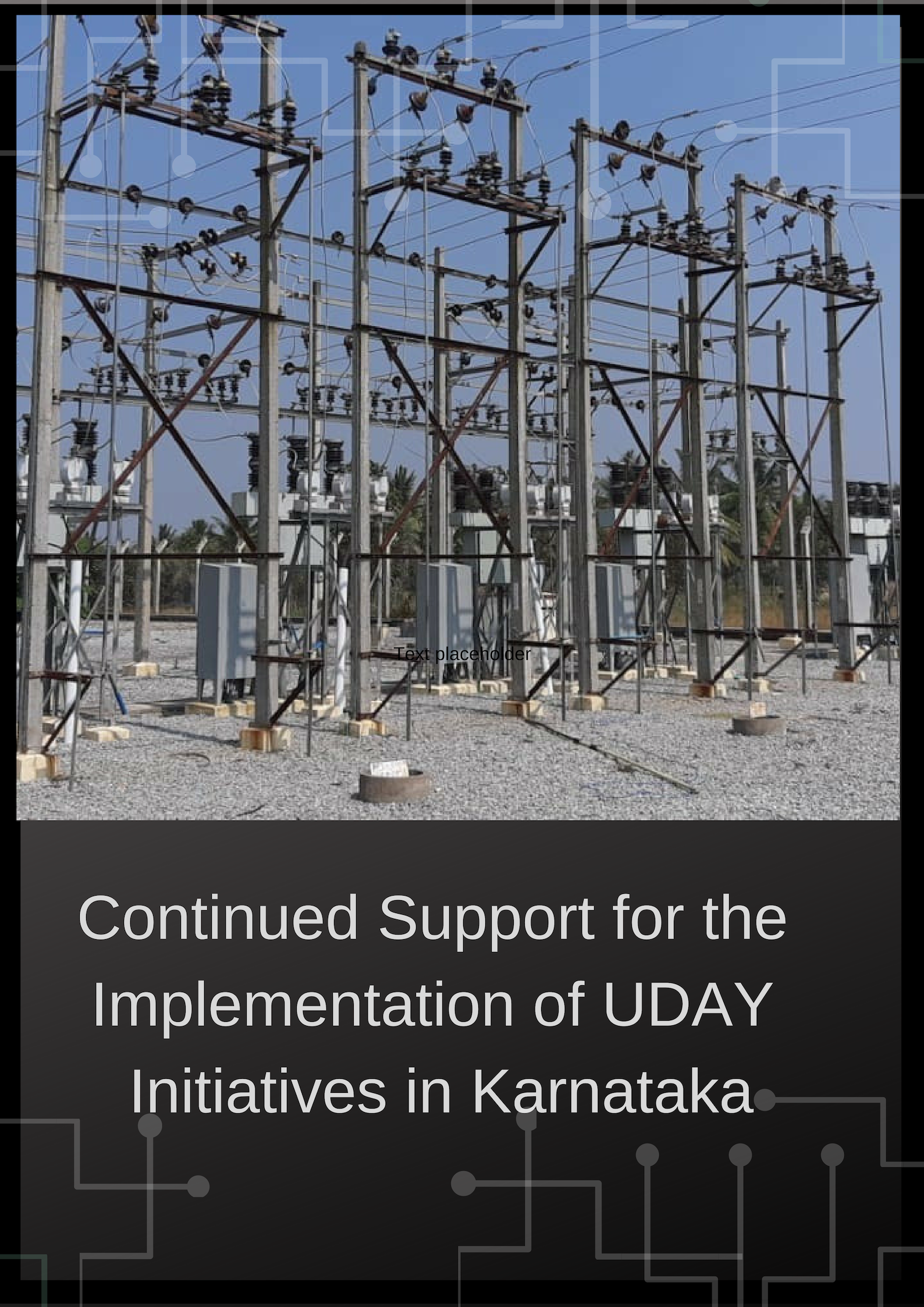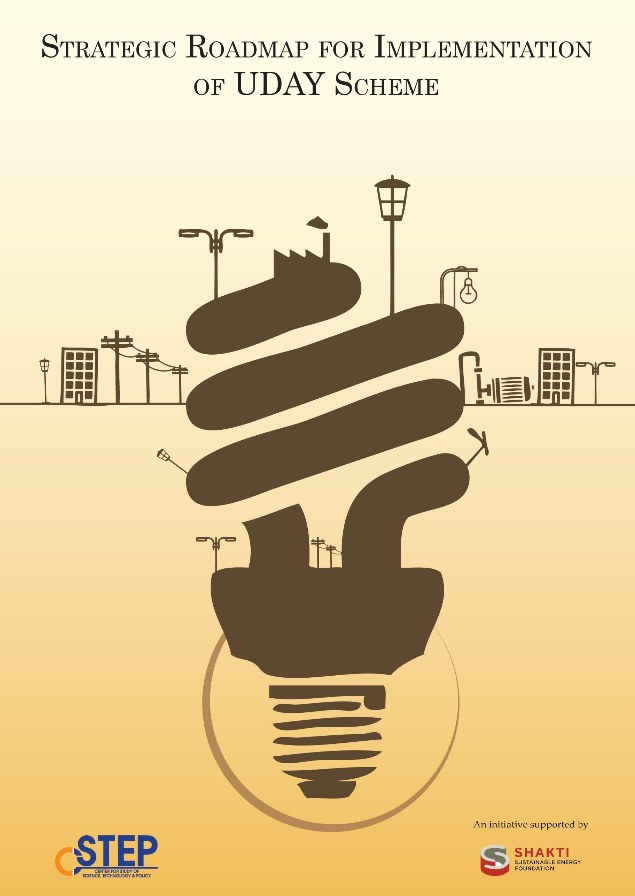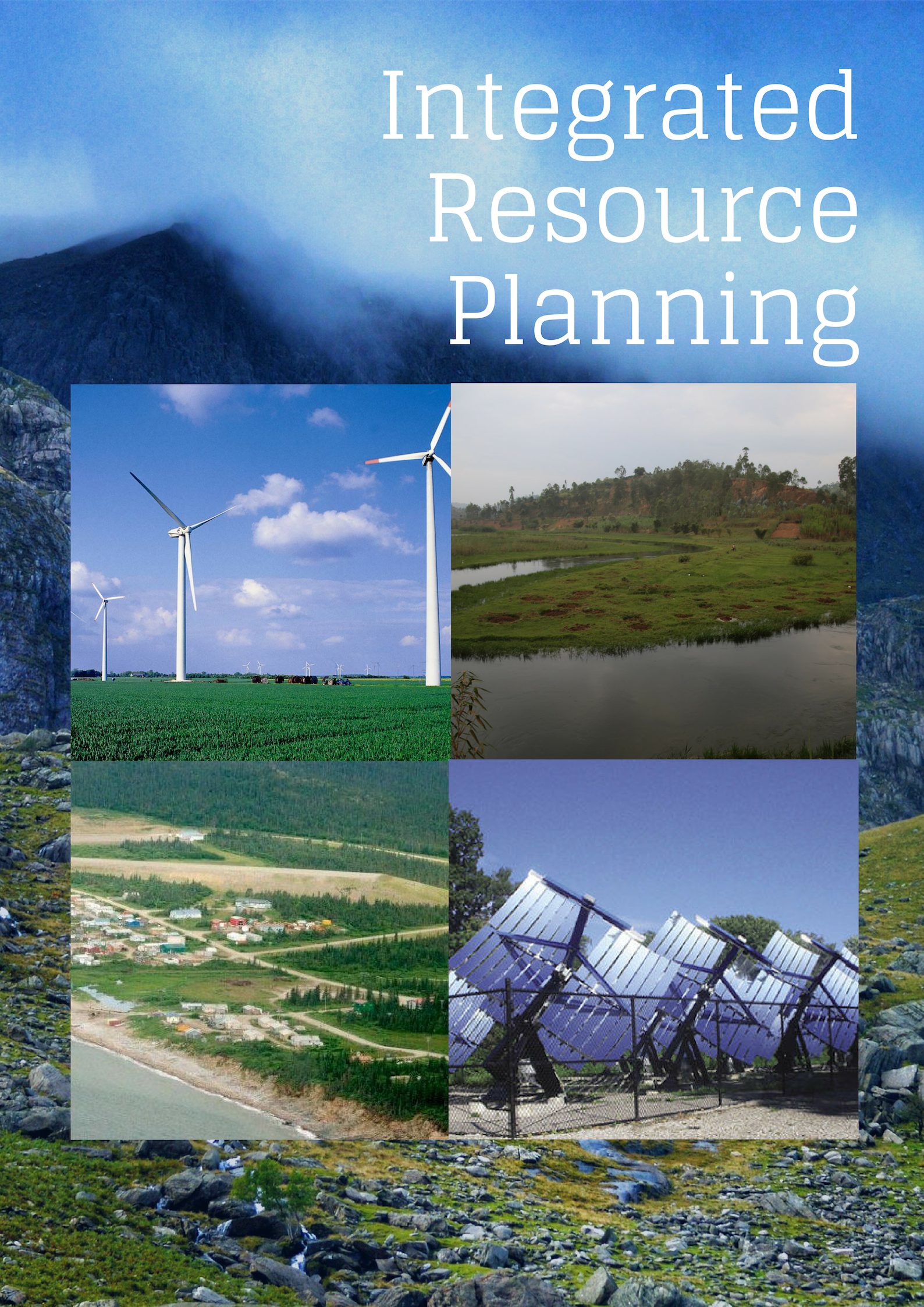Energy is a key factor in combating climate change, one of the biggest challenges the world is facing today. India has committed to cutting emissions to net zero by 2070 and set ambitious targets for adopting renewable energy. Achieving these targets requires careful planning and an overhaul of our current energy system.
Our work aims at enabling policies that encourage the adoption of rooftop solar, facilitate the development of technology for energy storage, strengthen the grid and transmission infrastructure, advance hydrogen technologies, and promote green mobility. CSTEP's research looks at the various aspects of mainstreaming renewable energy for a cleaner, greener energy sector.













Assessment Framework to Identify Location for Public Charging Stations
Karnataka is at the forefront of the EV revolution in India, with the state government’s Karnataka Electric Vehicle and Energy Storage Policy, 2017, targeting 100% EV penetration in the IPT segment in Bengaluru by 2030. Though the current share of passenger transport vehicles (three-wheelers, cabs, and public buses) of the total registered vehicles in Bengaluru is ~10%, the daily distance travelled by these vehicles is significantly high (private cars and two-wheelers run ~10 km and autorickshaws/cabs run ~150–300 km per day).
Press Release - Framework for Identifying Locations for Setting Up Public Charging Stations for Electric Vehicles
With pressure mounting on countries including India to address climate change by shifting to clean technologies, the significance of electric mobility to counter emissions cannot be ruled out. While the benefits of the said move are substantial, the uptake of electric vehicles (EVs) in India has been lethargic at best. In a city such as Bengaluru, with a vehicle population of 80 lakh, the share of EVs is 1%–2%.
Location Planning for Public Electric Vehicle Fleet Charging Stations
Electric mobility has gained momentum worldwide as a sustainable choice in reducing greenhouse gas emissions and improving air quality. However, the adoption rate of electric vehicles (EVs) is low because of driving range anxiety, high upfront costs, and the lack of public charging infrastructure. A robust public charging infrastructure can reduce range anxiety and increase the EV adoption rate.
Financially Solvent Utilities for Improved Energy Access
The United Nations High-Level Dialogue on Energy estimates that an annual investment of USD 35 billion will be required to make clean and affordable universal energy access (SDG 7) by 2030 a reality. For this, the financial solvency of utilities is a prerequisite.
